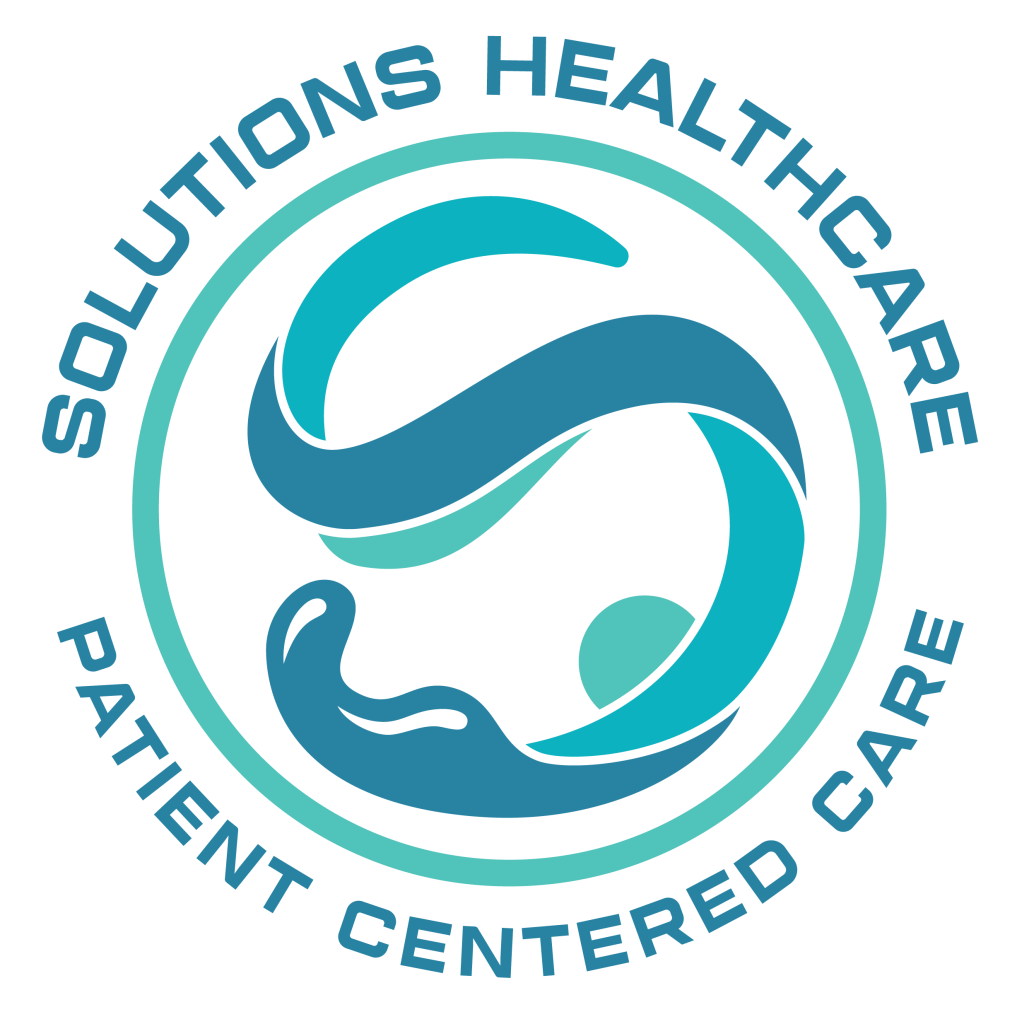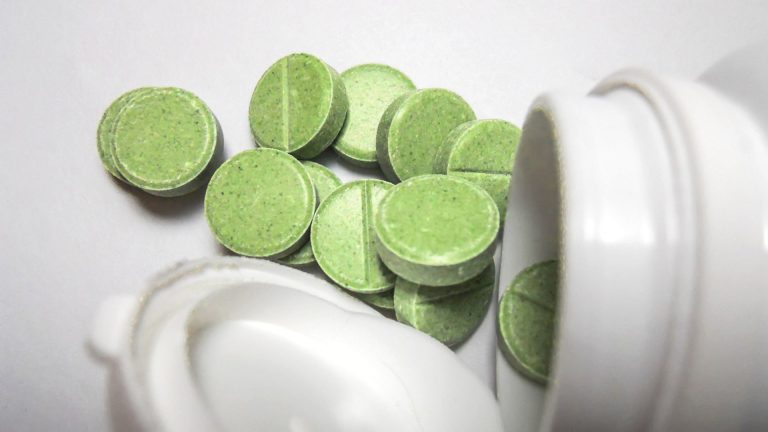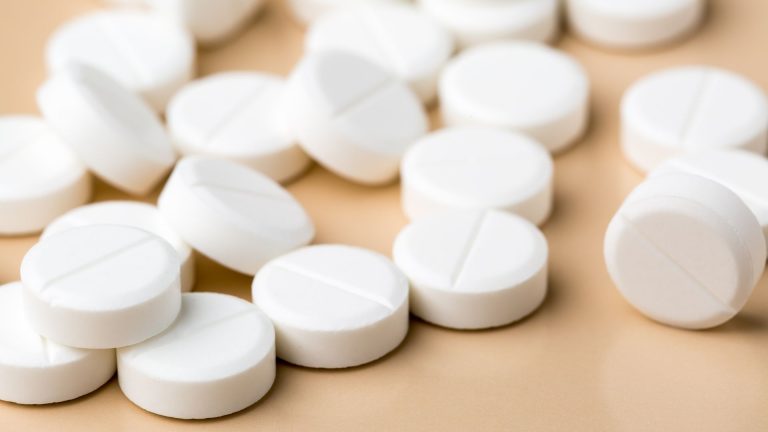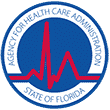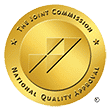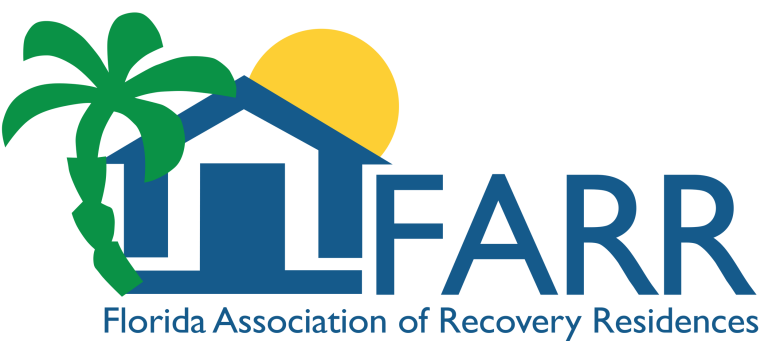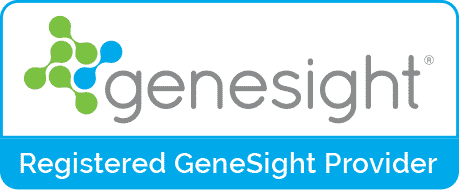Alcohol is the most commonly abused substance in America. While alcohol is legal to consume, it is incredibly addictive. The more you drink, the higher your risk is of developing an alcohol use disorder.
According to the National Institute on Alcohol Abuse and Alcoholism (NIAAA), nearly 30 million people suffered from an alcohol use disorder in 2023.[1]
While recovering from drug and alcohol addiction can be difficult, inpatient alcohol rehab makes it possible. During one of these treatment programs, you’ll receive a variety of services intended to help you achieve long-term sobriety. For example, you will participate in an in-depth assessment, medical detox, medication-assisted treatment (MAT), evidence-based therapies, and relapse prevention planning.
At Solutions Healthcare, we understand the importance of knowing what to expect during a drug and alcohol treatment program. Our admissions counselors will walk you through our program’s process to ensure you feel comfortable joining our facility.
How Does Inpatient Alcoholism Treatment in Florida Work?
The goal of alcohol addiction treatment is to help you overcome the physical, psychological, and behavioral aspects of alcohol use disorder. This is achieved through several treatment methods, including medical detox and behavioral therapies. You’ll have access to 24/7 support, so you will never have to go through uncomfortable feelings alone.
During inpatient alcohol rehab in Florida, you can expect:
Intake and Assessment
The first step in a drug and alcohol rehab is an in-depth assessment. A medical professional will ask you questions about your physical and mental health as well as your history of substance abuse. The information gathered will be used to create an individualized treatment plan.
Additionally, admissions counselors will take your medical history, insurance or payment information, and have you sign medical release forms. Once you complete the paperwork, you will be ready to begin your alcoholism treatment.
Medical Detox
Alcohol addiction often leads to severe withdrawal symptoms. Certain people might even experience seizures during alcohol withdrawal. Thankfully, medical detox can prevent severe symptoms and keep you medically stable.
During detox, you’ll be given medications to control your withdrawal symptoms and prevent cravings. Alcohol withdrawal is usually treated with benzodiazepines, as it acts on similar neurotransmitters in the brain.[2] Over time, your dose of benzodiazepines will be lowered until you no longer experience withdrawal symptoms.
Medication-Assisted Treatment (MAT)
While most people stop taking medications when they complete withdrawal, your doctor might suggest something known as medication-assisted treatment (MAT). This treatment technique involves the use of medications to prevent cravings and lessen your chances of relapse.
According to the Substance Abuse and Mental Health Services Administration (SAMHSA), “Acamprosate, disulfiram, and naltrexone are the most common medications used to treat alcohol use disorder. “[3]
Acamprosate and disulfiram prevent alcohol from causing intoxication. If you drink on these medications, you will not feel mind-altering effects, but you will get sick. On the other hand, naltrexone blocks the feelings that make drinking fun and reduces cravings for alcohol at the same time.
Evidence-Based Therapies
Once the physical aspects of alcoholism are taken care of, you’ll begin participating in individual therapy and group counseling. Therapy helps you recover from alcohol addiction by addressing the root causes of your alcohol abuse, identifying potential triggers for relapse, developing healthy coping mechanisms, and changing negative patterns of behavior.
During an alcohol treatment program, you will use evidence-based therapies for addiction. These include:[4]
- Cognitive behavioral therapy (CBT)
- Motivational interviewing (MI)
- Contingency management (CM)
- 12-step facilitation therapy
- Family behavior therapy
Relapse Prevention and Aftercare
Inpatient treatment centers understand that the transition from treatment to independent living can be difficult. To address this, they use a process called relapse prevention planning. You’ll learn about potential triggers for relapse and develop healthy coping mechanisms to use in times of need. You might also create a plan of action to use in case you experience a relapse in the future.
Another important part of relapse prevention is an aftercare program. Your inpatient alcohol treatment center will offer the following types of aftercare:
- Continued therapy
- Medication management for MAT or mental health conditions
- Access to an alumni support group
- Referrals to outpatient programs or sober living
- Recommendations on local support groups like 12-step meetings
- Case management services like vocational assistance and other life skills training
Get Connected to a Florida Inpatient Alcohol Rehab Center
If you are looking for an alcohol addiction recovery center, you’ve come to the right place. At Solutions Healthcare, we offer an evidence-based and individualized approach to inpatient alcohol rehab. At our alcohol recovery program, you’ll receive all of the tools and support you need to achieve long-term sobriety and regain control over your life.
Contact us today for more information on what to expect from an inpatient alcohol rehab in Florida.
References
- The National Institute on Alcohol Abuse and Alcoholism (NIAAA): Alcohol Use Disorder (AUD) in the United States
- Journal of Clinical and Diagnostic Research: Alcohol Withdrawal Syndrome: Benzodiazepines and Beyond
- The Substance Abuse and Mental Health Services Administration (SAMHSA): Medications for Substance Use Disorders
- Science Direct: Evidence-based practices for substance use disorders

